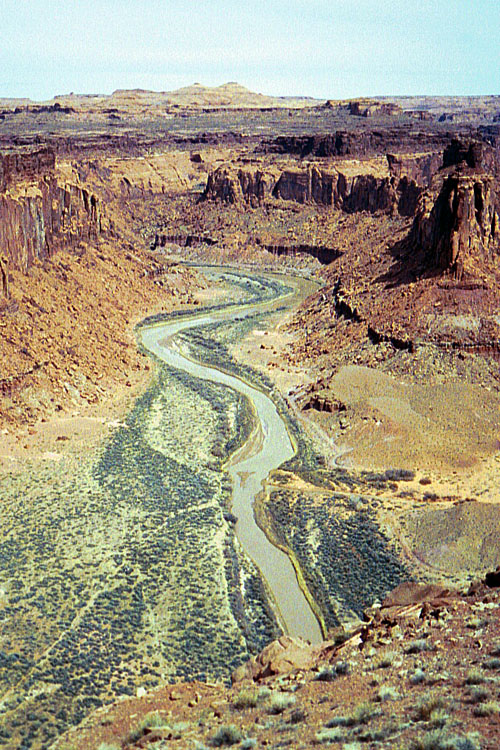John Rehill
BRADENTON -- The future role of the U.S. Environmental Protection Agency
(EPA) is in question. Wednesday, by a vote of 239 to184, the House of
Representatives passed the first step legislating legal authority for
water quality discharge standards to the states. The EPA will no longer
be equipped with the authority to veto permits approved by U.S. the Army
Corps of Engineers (ACOE) if the bill's success continues through the
Senate and the White House.
Last January, for the first time in
12 years, the EPA exercised their veto power over the ACOE approved
permit for the largest single mountaintop removal project in West
Virginia's history. The EPA claimed it reviewed over 50,000 public
comments concerning the 2,300 acre mine proposal in Logan county. The
EPA claimed the "Spruce Mine" would use destructive and unsustainable
practices that jeopardize the health of the Appalachian
communities. The decision came after a year of negotiations to convince
the Spruce Mine operators to not dispose their waste into local streams.
Mine operators would not commit to EPA's request.
The grievances
Congress has with the EPA go far beyond the coal industry and broader
than partisan politics. The bill that passed the House was a bipartisan
bill, sponsored by Rep. Nick J. Rahall, D-WV and John Mica, R-FL. They
dubbed the legislation the "Clean Water Act Cooperative Federalism Act
of 2011." Although both co-sponsors are West Virginia Republican
representatives, the vote clearly sent a message.
State
environmental agencies often take offense to the federal standards the
EPA represent. The EPA regularly struggles with the moderate guidelines
states accept to appease powerful corporations that operate within their
borders. With the troubled economy and high unemployment, corporations
have found it convenient and effective to put environmental regulations
under fire. Obviously, fewer regulators and lax operational procedures
translates to more profits.
But ducking the environmental issues
coal and other mining present, is as much a cat and mouse game as it is
one of law and order. State regulatory agencies seldom have the budget
to oversee the wherewithal of large industries and the enforcement
incentive to plow through the political clout these large corporation
carry. With large companies most states rely on the honor system of
self-reporting to mishaps. These were the practices that encouraged the
enactment of the "
Clean Water Act" in the 70's.
On December 22, 2008, at the
Kingston Fossil Plant,
about 40 miles west of Knoxville, the dike broke, spilling 5.4 million
cubic yards of a wet coal ash pond -- enough toxic arsenic and mercury
laced slurry to cover 3,000 acres a foot deep. The spill (525 million
gallons), was over 40 times the amount in the 1989 Exxon Valdez oil
spill. It flowed into the Tennessee River - the water supply for
Chattanooga and the many millions of people living downstream in
Kentucky and Alabama. How does one calculate the cost to a spill like
this, and how could it have been prevented? Some say occurrences like
this give reason to expand federal oversight, not cut them out of the
picture.
Those promoting this legislation claim the EPA is
usurping the state's rightful duty to defend its waters. Yet even under
the claim of excessive oversight on the part of the EPA, our country's
waters are returning to the
toxic conditions they
once were. The diseases connected to water pollution caused by
industrial waste and corporate neglect are said to be costing this
country hundreds of billions of dollars a year. Could that be because
watchdogs are becoming an endangered species?
